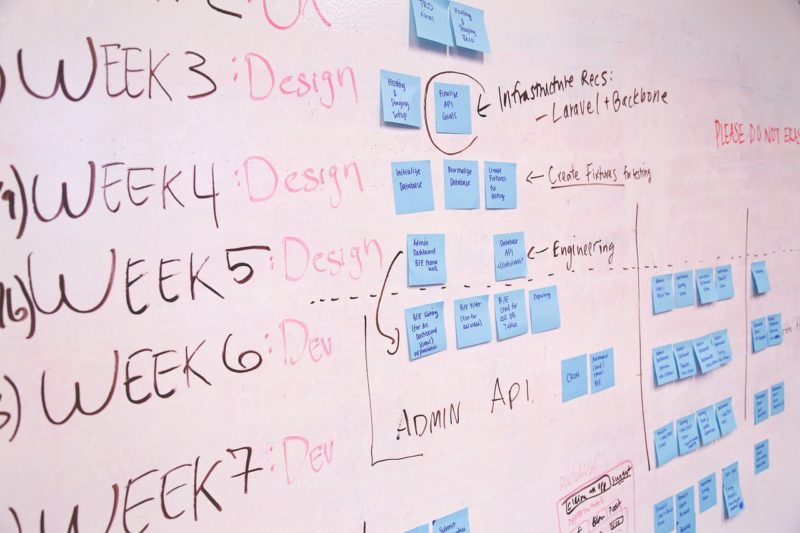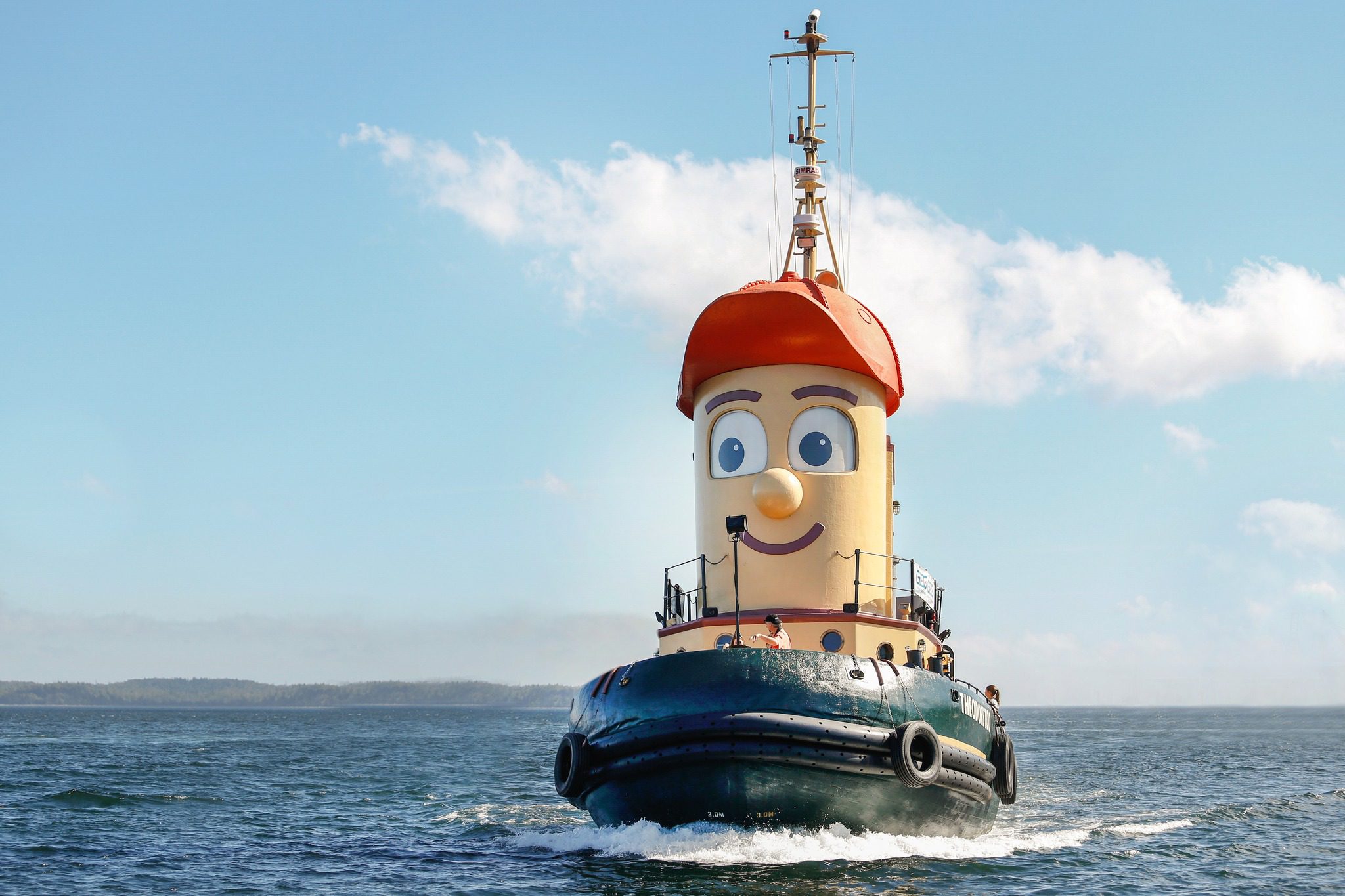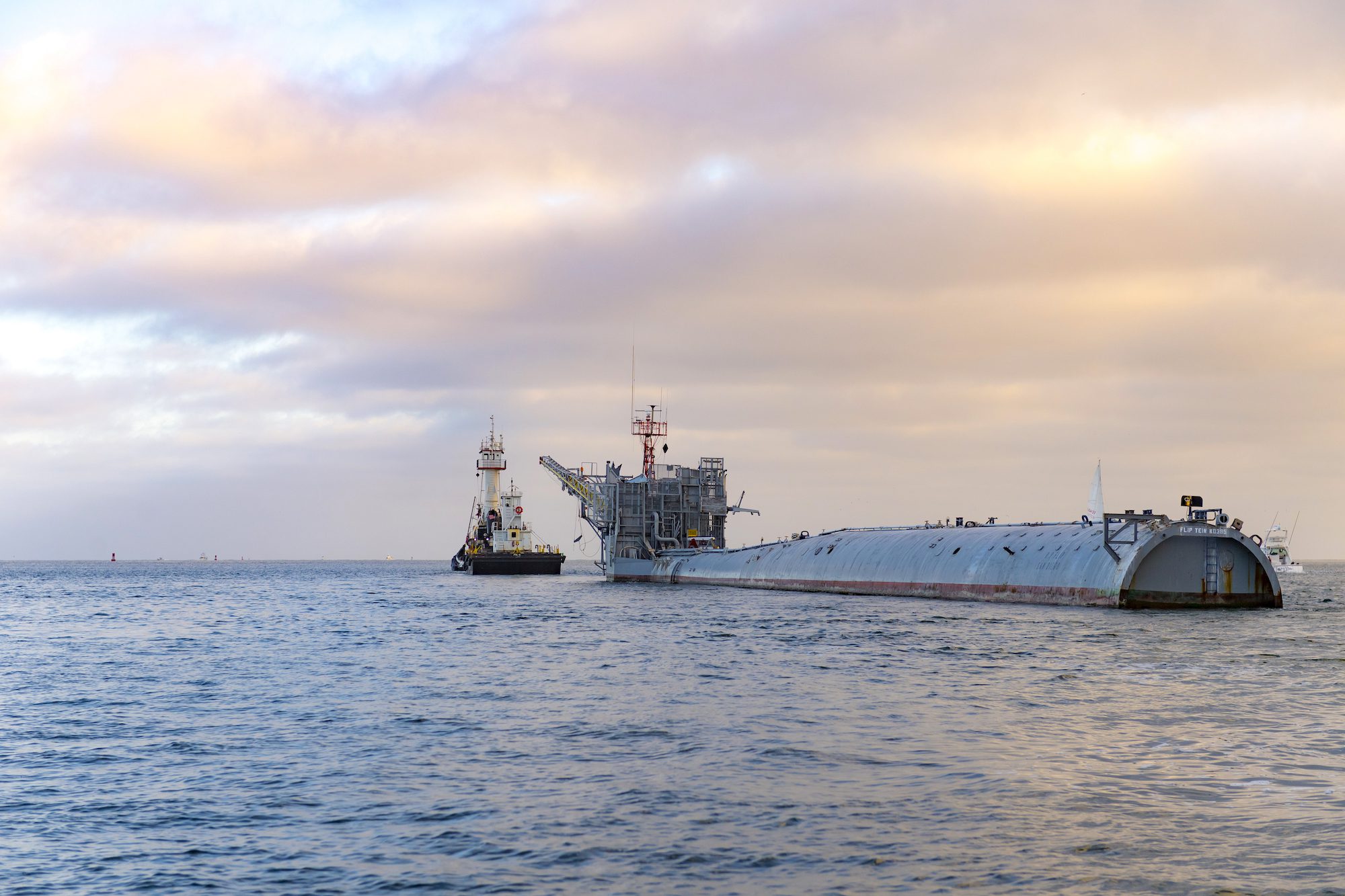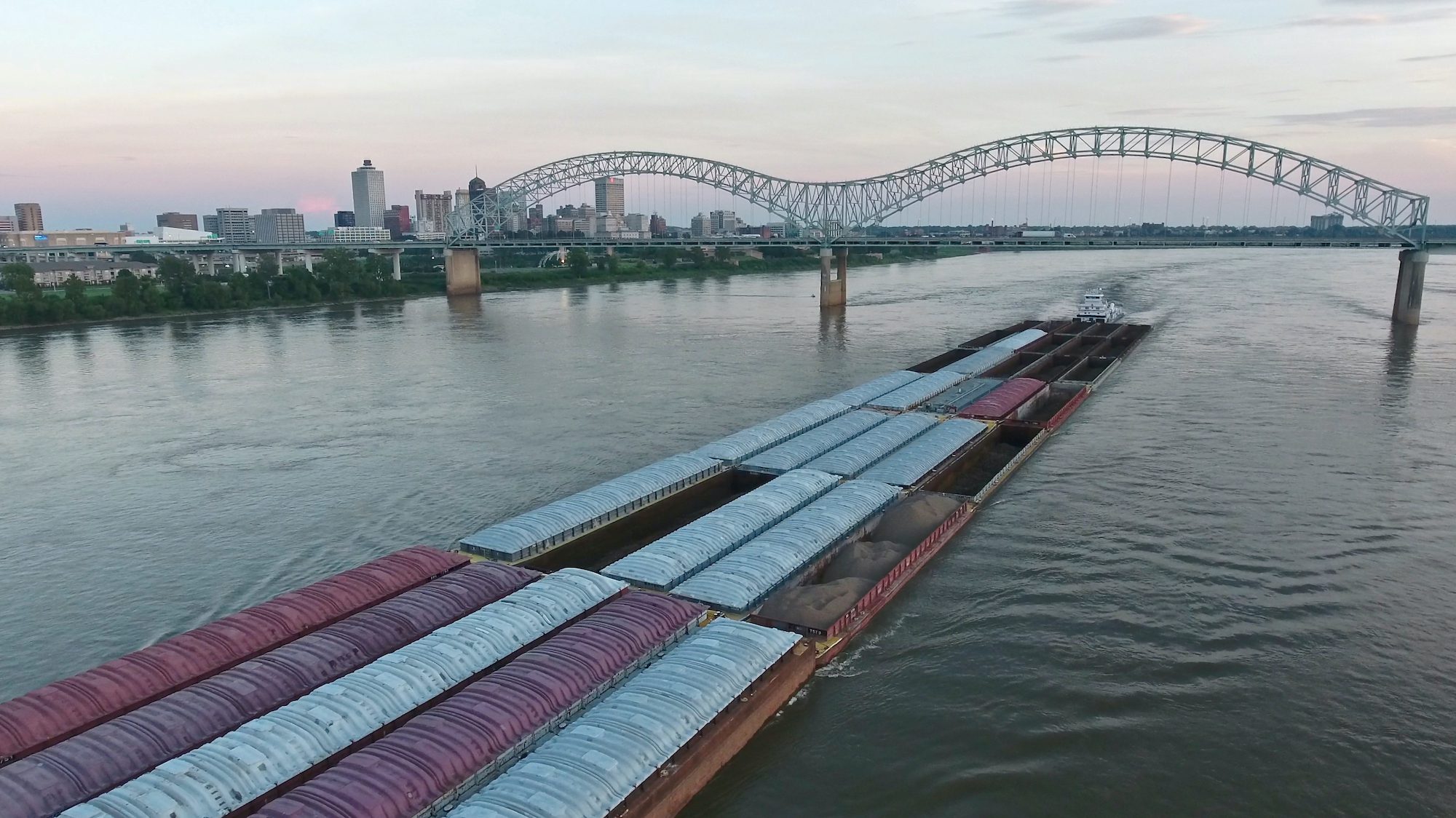
by Captain John Konrad (gCaptain) Next week Marine Money is launching a maritime startup accelerator program in New York City. But what is an accelerator, and why is this announcement so important?
At an event hosted by SUNY Maritime College last year, Maritime Administrator Mark Buzby challenged cadets to develop new ideas and disrupt the old ways of thinking about how we move cargo aboard ships. The response was enthusiastic but, as the founder of a small digital startup called gCaptain, we shared with Mark the pain and difficulty of launching a new company within an industry that’s slow to respond to change.
15 Years Ago In Silicon Valley
When we launched gCaptain nearly 15 years ago I moved our family to the outskirts of Silicon Valley and immersed myself in the world of technology and entrepreneurship. In those early years, my cofounders and I attended countless events, meetups, hackathons, and socials. We spent many more hours helping other startups and worked with founders of Digg (the forerunner of Reddit), Facebook, and Twitter. We worked with teams at Google and used social engineering to attend Y-Combinator events and obtain backstage passes to SXSW.
Attending all these events was necessary because, 15 years ago, you could not launch a WordPress or Squarespace website with the click of a button. No, we had to build servers, install them in server racks, configure hardware firewalls and code features our readers wanted.
Today a website like gCaptain is not considered a Tech company but 15 years ago it certainly was.
After Buzby gave his inspiring speech, I approached him and thanked him for inspiring our youth. We then discussed the difficulties of launching a startup like gCaptain; the sleepless nights, the years of self-doubt, and the many paychecks that were diverted to the business. “What resources are available to these cadets?” I asked. “How can we set up our maritime entrepreneurs for success? How can we make it easier for them than it was for me?”
When we had this conversation in September 2018 there simply weren’t many resources available to founders of the maritime startup. Maritime professor Chris Clott had started the NY Maritime Innovation Center (NYMIC), and PortXL was in its second year of supporting (mostly) European Startups. Not much else was available. There certainly wasn’t nearly the startup resources available to me in California well over a decade ago.
However, in the last six months, a seismic shift has occurred. NYMIC launched a Maritime Hackathon which was quickly followed by a much larger event hosted by theDOCK in Israel. PortXL spread from Rotterdam to Antwerp and Singapore. theDock innovation hub team traveled to the United States to meet with gCaptain and recruit support for a new accelerator program. SeaAhead launched an incubator in Boston. Then Techstars, a 500-pound gorilla of startup funding and support, announced joint programs with Kongsberg in Norway and Eastern Pacific Shipping in Singapore. Dozens of small support networks had set sail and are building steam.
In less than one year, the maritime startup support network has gone from a sparsely populated desert town into a rich and vibrant marine ecosystem. The question that remains is how can a young academy grad use these new resources to launch a new idea? What is a hackathon, accelerator, and incubator? How can you answer Buzby’s challenge and launch the new ideas that will improve our industry?
Have an idea, will travel.
“Ideas are easy. Implementation is hard.” –Guy Kawasaki, Alltop Co-Founder and Entrepreneur
Twenty years ago, when the idea for gCaptain began percolating, I was living in Manhattan enjoy life in a vibrant city socializing with smart and talented people. These people, however, were not the right kind of people. So, to launch a technology startup like gCaptain, we moved to California and began spending time with the people launching technology startups. This was critical to our success.
The key to launching a new idea is not the idea itself but the people behind the idea. If you want to change the world, you must surround yourself with those smarter, more talented, and more experienced than yourself. You must interact.
Interacting in person is the first step. You no longer have to drop everything and move to California, but you must get on a plane and travel to New York City, Haifa, Rotterdam or Singapore. You must meet the CEOS of maritime startups to learn first hand what resources are available. You must also pick up the phone and call people working on similar ideas.
Clicking on the links in this article is not enough. Meeting in person and talking on the phone is essential to your success.
Find a CoFounder And Put People First
“The secret to successful hiring is this: look for the people who want to change the world.” –Marc Benioff, Salesforce CEO
Legendary startup investor Peter Theil says, “A startup messed up at its foundation cannot be fixed.” That truth is absolute, and the way you make sure your startup has a great foundation is by meeting like-minded people AND recruiting a great team.
gCaptain would not have made it a year without the support and enthusiasm of my cofounder Tim Konrad and first employee Mike Schuler. Like sailing large ships, running a startup is a team effort, and the crew is more important than the captain.
An even better idea is to forget your idea entirely. Fly to these events and find someone else’s idea that interests and excites you then join their team by adding value.
Read, Learn, Repeat
“… a mind needs books as a sword needs a whetstone, if it is to keep its edge.” ? George R.R. Martin, A Game of Thrones
By far the most critical element to gCaptain’s sucess was immersing ourselves in the startup culture of Silicon Valley but a close second was education.
Term sheets, pro forma statements, exit plans, pitch decks, and proforma statements are just a few of the myriad things you will need to understand to run a startup. How will you learn these things?
The most important lessons you will learn the hard way via failure. Starting a new company requires risk and the willingness to change course. The other lessons can be learned in the old fashion way, by reading books and taking courses.
Before launching gCaptain, I enrolled in one of the first MBA programs available online. This program cost tens of thousands of dollars, years of work, and I never even graduated. A few months before I received my diploma, gCaptain started gaining real traction, and I put my MBA on hold to focus solely on this website. I did not, however, turn my back on learning. In the years since launch, I have read hundreds of books on startups, business, marketing, leadership, and the other topics necessary for success.
Today you don’t have to spend the money I did. Free MBA programs like Smartly exists, and some of the best schools like Wharton and Harvard offer online certification classes at steep discounts. You can also apply to startup schools from yCombinator or enroll in startup-specific educational programs.
Gandhi said that to succeed in life you need to live like you’re going to die tomorrow and keep learning as if you will live forever. This is excellent advice for everyone, especially startup founders.
Accelerate Your Idea
If you’re an entrepreneur looking to speed up the process of your business, then a startup accelerator may be the answer that you are looking for. However, there are several considerations to make before deciding to join one.
Statistics from the International Business Innovation Association reveal that around the world, there are 7,000 business incubators and accelerators. More than 90 percent of them are nonprofit and focused on incubator programs for community economic development. Furthermore, startups who qualify to join top-ranked accelerators will get to receive a rigorous development program, top-quality professional guidance, and seed funding to move ahead of the competitors.
Accelerators can provide the resources and structure needed to bring your idea to fruition but don’t think you are restricted to maritime accelerators. Flexport, the most successful maritime related startup of the last decade, was not launched at a maritime accelerator, it was launch at yCombinator which is, by far, the world’s most successful startup program.
Seedrankings has a list of the best programs around the world. If you can get into a gold rated program, your chances of success will increase dramatically.
Accept Risk
“A ship in harbor is safe, but what is not what ships are built for.” John A. Shedd
Many of the things I learned as a ship captain have served me well as a startup founder. Determination and confidence are critically important. The ability to buckle down and study hard for my Masters Unlimited license trained me for the work ethic required to launch a new company. Getting through the hard times – particularly 2008 when the world economy collapsed, every advertiser pulled out and we quickly plunged into debt – was possible because I had sailed through storms at sea and realized that even the worst storm eventually subsides.
In short, mariners make great founders. They have the intelligence, determination and grit to succeed. That said, there is one trait that does not serve us captains well.
By far the hardest thing about starting a company in this industry is risk aversion. As a Captain everything I did and everything learned was to reduce risk. When operating a ship you have no opportunity to fail big because if you fail big then people will die. That is not the case with startups. Nobody was going to die if we ran gCaptain into the rocks. In the startup, world failure gives you the tools and experience needed to succeed the next time. In the maritime world, nobody will hire you if you sink a ship but in the startup, failure can actually improve your resume, it shows you have experience.
To succeed in the startup world you need the determination to ride out every storm but also the willingness to take a big risk that might sink your vessel.
Patience
“I skate to where the puck is going to be, not where it has been.” –Wayne Gretzy, Hockey Star
While the maritime startup ecosystem is exploding it is also evolving and many of the programs available today will be stronger tomorrow. Others will fail entirely. There is nothing wrong with working on an idea slowly while waiting for the right program. The future is bright and I’m confident the maritime startup environment will be better equipped to help you launch the next big idea in the future.

 Join The Club
Join The Club












